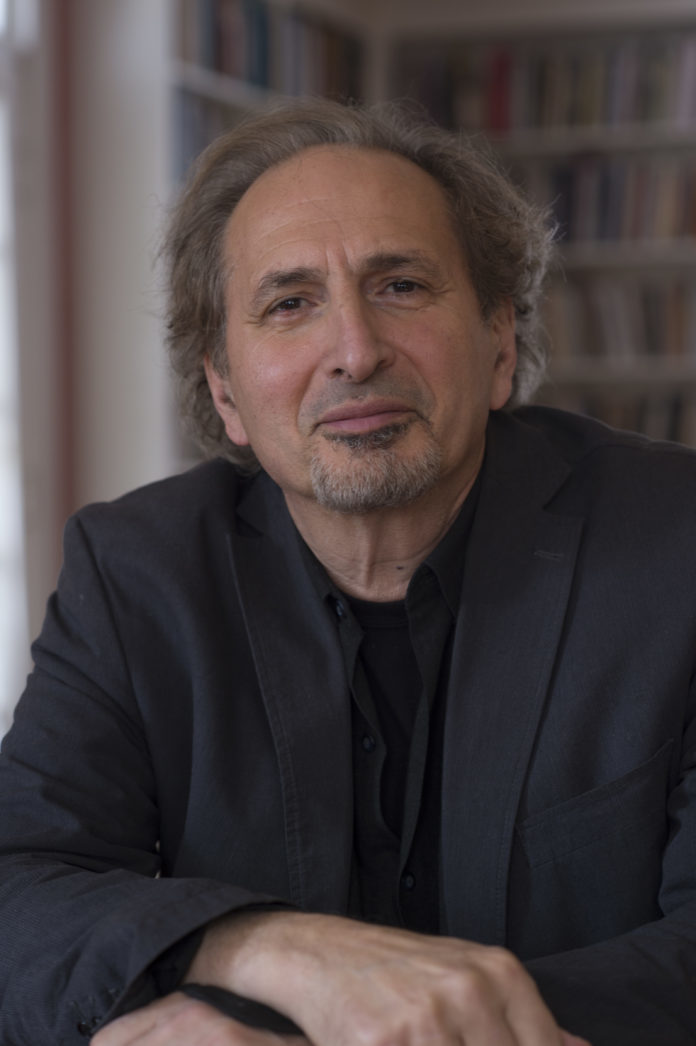By Peter Balakian
(reprinted from the Washington Post, April 23, 2021)
In his Saturday statement commemorating the slaughter of the Armenian people on their indigenous lands by the Ottoman Empire, President Biden said the word “genocide,” marking a moment for which Armenian communities across the globe have been clamoring for decades.
Until Biden, no American president has had the courage to use that term for fear of angering modern-day Turkish leaders and damaging relations with a powerful ally, even one with an abominable human rights record. But when Biden said “We remember the lives of all those who died in the Ottoman-era Armenian genocide and recommit ourselves to preventing such an atrocity from ever again occurring,” his words affirmed historical fact and embodied moral truth.
Beginning in 1915, more than a million Armenians were killed by the Ottoman Turks. Over a period of several years, property was confiscated, land stolen, women and children were abducted and raped, and many Armenians were forced to convert to Islam. Armenian cultural institutions, including more than 2,000 irreplaceable, architecturally unique churches were destroyed. Armenians have sought justice for these atrocities for over a century.
For decades, successive Turkish governments have denied the reality of the Armenian Genocide, pressuring other nations to deny this history: Ankara has tried to stop movies about it from being made, tried to stop the words “Armenian Genocide” from being included in museum exhibits and tried to prevent the history of this tragedy from being taught in schools. This assault on the truth has been, as international lawyer and scholar Richard Falk has said, a “major, proactive, deliberate government effort to use every possible instrument of persuasion at its disposal to keep the truth about the Armenian genocide from general acknowledgment, especially by elites in the United States and Western Europe.”








